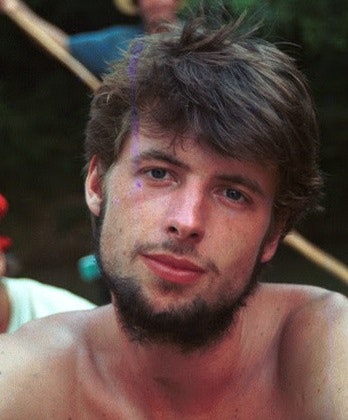Protecting the Nahua-Kugapakori Reserve with the Panoan people, Peru
Many Panoan speaking indigenous people of the Purus River in southeastern Peru live in remote, isolated areas, and their lives are still relatively disconnected from modern towns and cities. Their ancestral lands lie in highly biodiverse lowland rainforest in extensive areas officially set out as territorial reserves for their exclusive use.

The upper Purus River flows through a major biodiversity hotspot. Recent surveys have shown that the Alto Purus reserve has the highest inventory of mammals in the world (132 species) and a remarkable number birds and butterflies found here and nowhere else.
Despite the international importance of the area, and against their wishes, Panoan lands are increasingly exploited for their valuable oil, gas and tropical timber resources. This poses an immediate and direct threat to the physical and cultural survival of the tribes. Due to the remoteness of the region and the lack of state or NGO presence, violations of environmental and human rights go unreported and these vulnerable people receive no support to help counter those threats.

In 2001 Gregor MacLennan discovered that illegal logging in the Nahua area of Peru had escalated to a critical level, rapidly depleting valuable timber resources and the wildlife on which Nahua livelihood depends. He worked with the Apoyos Purus to launch a campaign to counter this illegal logging, which was hugely successful. It resulted in the establishment of guard posts to control the illegal timber extraction and a landmark legal decision by the Peruvian state to declare all felled timber property of the Nahua. In addition, the loggers withdraw from the reserve and paid a significant sum of money as compensation to the community.

Gregor and his team now plan to investigate and document the current situation of the isolated Panoan groups in the same area as the Nahua, who are similarly under threat. He wants to mount national and international advocacy campaigns calling for the enforcement of the reserve areas and then feed this information into a wider initiative to raise awareness and lay the groundwork for securing stronger and more effective land tenure systems. Gregor is working alongside isolated indigenous groups in Peru to secure a future that lies in their hands, whilst protecting their rainforest home. He won a Rufford Small Grant in 2002.



